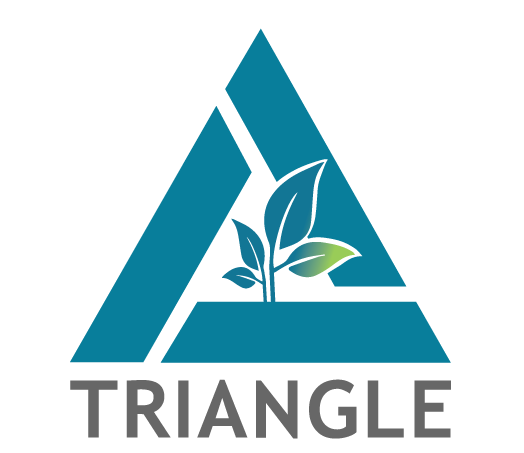
In June 2023, the Bainbridge Island, WA City Council adopted its Housing Action Plan, which was informed by a robust community engagement process that Triangle led. The Housing Action Plan identifies steps that the City can take to meet its housing needs. It is based on a Housing Needs Assessment that included economic analysis of existing housing needs (conducted by ECONorthwest) as well as input from those who live or work on Bainbridge Island.
In the summer and fall of 2022, Triangle connected with nearly 1,000 Bainbridge Island residents, workers, business owners, and developers via two surveys, five discussions at meetings of community-based organizations, 10 key informant interviews, and three focus groups. We carefully analyzed what we heard from these community members and summarized it into a visual report. As part of our equitable engagement approach, we highlighted key feedback from highly impacted communities, including those who have been displaced from the Island, seniors, people with low incomes, people of color, and families with children.
Our team is excited to see the Housing Action Plan shape positive outcomes for Bainbridge Islanders, and we are grateful for this opportunity to ensure that decisions about the future of housing on Bainbridge Island center the needs of those most affected.
Click here to view the visual report summarizing the Bainbridge Island community’s feedback about their housing needs: https://cityofbainbridgeisland.civilspace.io/rails/active_storage/blobs/eyJfcmFpbHMiOnsibWVzc2FnZSI6IkJBaHBBbjBCIiwiZXhwIjpudWxsLCJwdXIiOiJibG9iX2lkIn19–af248ac7ba7799bdeea9680c5b3562b2e7f6d388/Bainbridge%20Island%20HAP%20Community%20Engagement%20Report%20and%20Appendix.pdf
 Triangle Associates
Triangle Associates
Categories
Recent Posts
Recent Comments